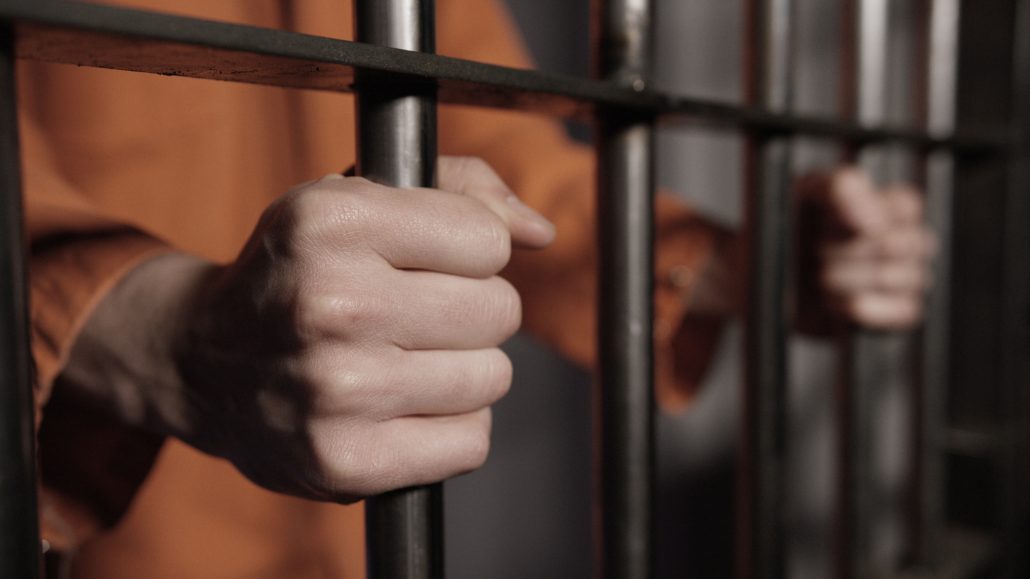NJ Supreme Court Rules PSL Sanctions May Not Be Applied to Certain Offenders
On May 30, 2018, the NJ Supreme Court ruled in State v. Hester, ___ N.J. ___ (2018) that those sentenced to CSL may not be subject to the penalties for committing parole violations under the amended PSL statute. The Court reasoned that applying the PSL statute to those sentenced to CSL violated the Ex Post Facto Clauses of the US and NJ Constitutions.
At Maynard Law Office, LLC, we keep up to date with new cases involving sex offense law. Sex offense law is complex. That is why it is crucial to consult an experienced lawyer. Our firm is dedicated to sex offense law. We offer high-quality legal services to those charged with sex offenses. We also represent those seeking post-conviction relief (PCR).
Facts of State v. Hester:
In Hester, four defendants committed sex offenses before July 1, 2014, the date when the new PSL statute became effective. These four individuals were also sentenced to CSL before July 1, 2014. However, after July 1, 2014, all four defendants violated CSL conditions. All of the defendants were charged with committing third-degree offenses under the new PSL statute. They also faced harsher penalties
Differences between CSL Statute and PSL Statute:
CSL statute: Imposed on offenders who committed certain sex offenses before January 14, 2004.
- Required offenders to follow more than 20 conditions set forth in N.J.A.C. 10A:71–6.11(b).
- When an offender is charged with a CSL violation, the NJ Parole Board refers the case to the prosecutor’s office. The State then decides whether to present the case to the grand jury.
- If the State presents the matter to the grand jury and the person gets indicted, he/she still has certain rights (for example, the right to trial by jury).
- If someone is convicted of a CSL violation, Parole cannot immediately revoke parole and send the CSL supervisee to prison
- A CSL violation is a fourth-degree crime, and punishable by up to 18 months in prison.
PSL Statute: Imposed on those who committed certain sex offenses on or after January 14, 2004.
2014 Amendment to PSL Statute =
- If someone is charged with a parole violation, NJ Parole Board may revoke parole and send him to prison.
- If charged, individuals do not have certain procedural rights (example: trial by jury).
- After someone is convicted of a parole violation, he will most likely be sentenced to prison.
- A conviction for a CSL violation converts someone’s CSL status to PSL status.
- Parole violations are a third-degree crime.
Ruling of Hester:
People who violate parole conditions under the amended PSL statute face harsher penalties than they would under the CSL statute. As a result, the Court concluded that the punishments stated in the 2014 amendment could NOT be applied to those sentenced to CSL who are convicted of parole violations.
Contact Maynard Law Office, LLC:
If you committed a sex offense before July 1, 2014 and were sentenced to CSL, but later convicted of violating parole, you should consult with a lawyer. At Maynard Law Office, LLC, our legal team has a lot of experience with sex offense matters in NJ. We examine each client’s case to determine all possible legal options, or viable defenses to allegations of misconduct. Contact our knowledgeable lawyers today at (973) 540-0054 for a free consultation!









Leave a Reply
Want to join the discussion?Feel free to contribute!